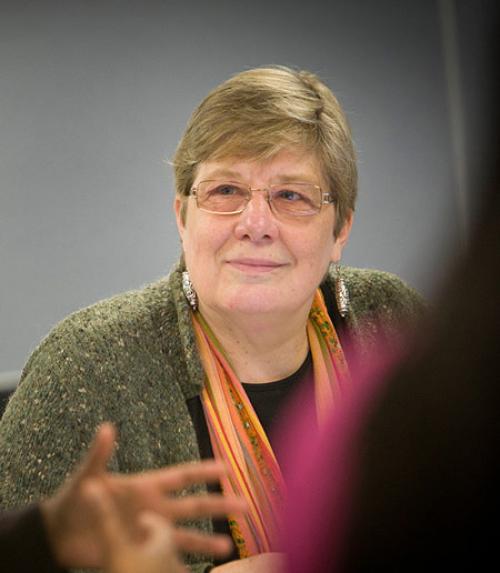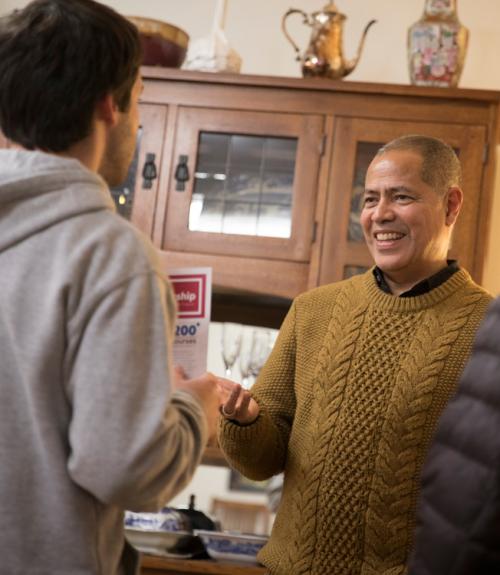
College of Arts and Sciences announces 2026 Klarman Fellows
A&S Communications
 Department Homepage
The College of Arts & Sciences
Department Homepage
The College of Arts & Sciences



